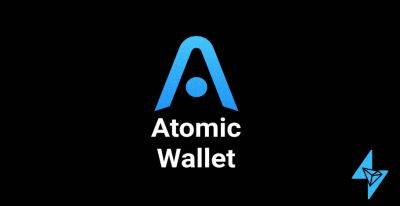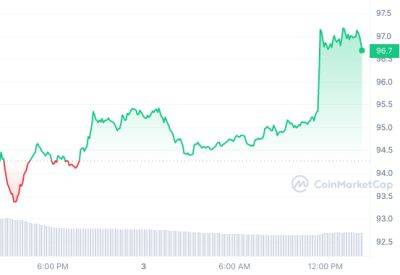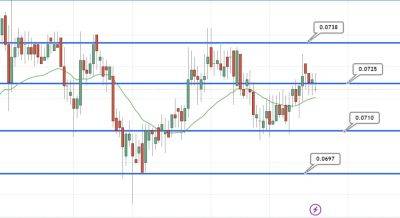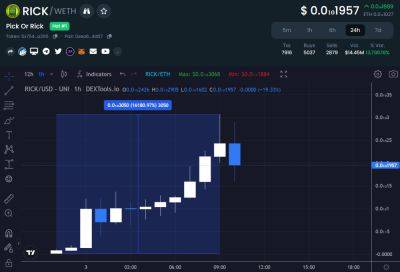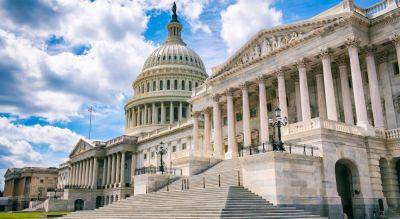From Beijing to Tokyo, Asian nations get active in crypto regulation: Law Decoded, May 22–29
Last week, almost all the key markets for digital assets in Asia got updates from local regulators. Lawmakers in Japan have decided to enforce stricter Anti-Money Laundering measures to trace cryptocurrency transactions from June 1.
According to reports, a vital feature of the new measures is the enforcement of the “Travel Rule” to keep a more accurate track of criminal proceeds. It requires any financial institution processing a crypto transfer over $3,000 to pass customer information to the recipient exchange or institution. The data should include the name and address of the sender and recipient and account information.
The South Korean government is implementing new laws requiring officials to report their holdings of cryptocurrencies like Bitcoin (BTC). The amendment to the National Assembly Act officially places cryptocurrency on the list of registered property by lawmakers. The amendment to the Public Service Ethics Act also obligates high-ranking public officials and members of the National Assembly to disclose cryptocurrency assets.
The Hong Kong Securities and Futures Commission (SFC) announced it would soon allow licensed platforms to serve retail investors. According to the regulator, virtual asset trading platforms willing to comply with the SFC’s proposed guidelines are welcome to apply for a license.
While China’s legal stance on crypto remains prohibitive, Beijing’s municipal government has unveiled a white paper to foster innovation and advance the Web3 industry. The document recognizes Web3 technology as an “inevitable trend for future Internet industry development“ and emphasizes Beijing’s intention to enhance policy support and expedite technological advancements to foster the industry’s growth.
A major
Read more on cointelegraph.com







